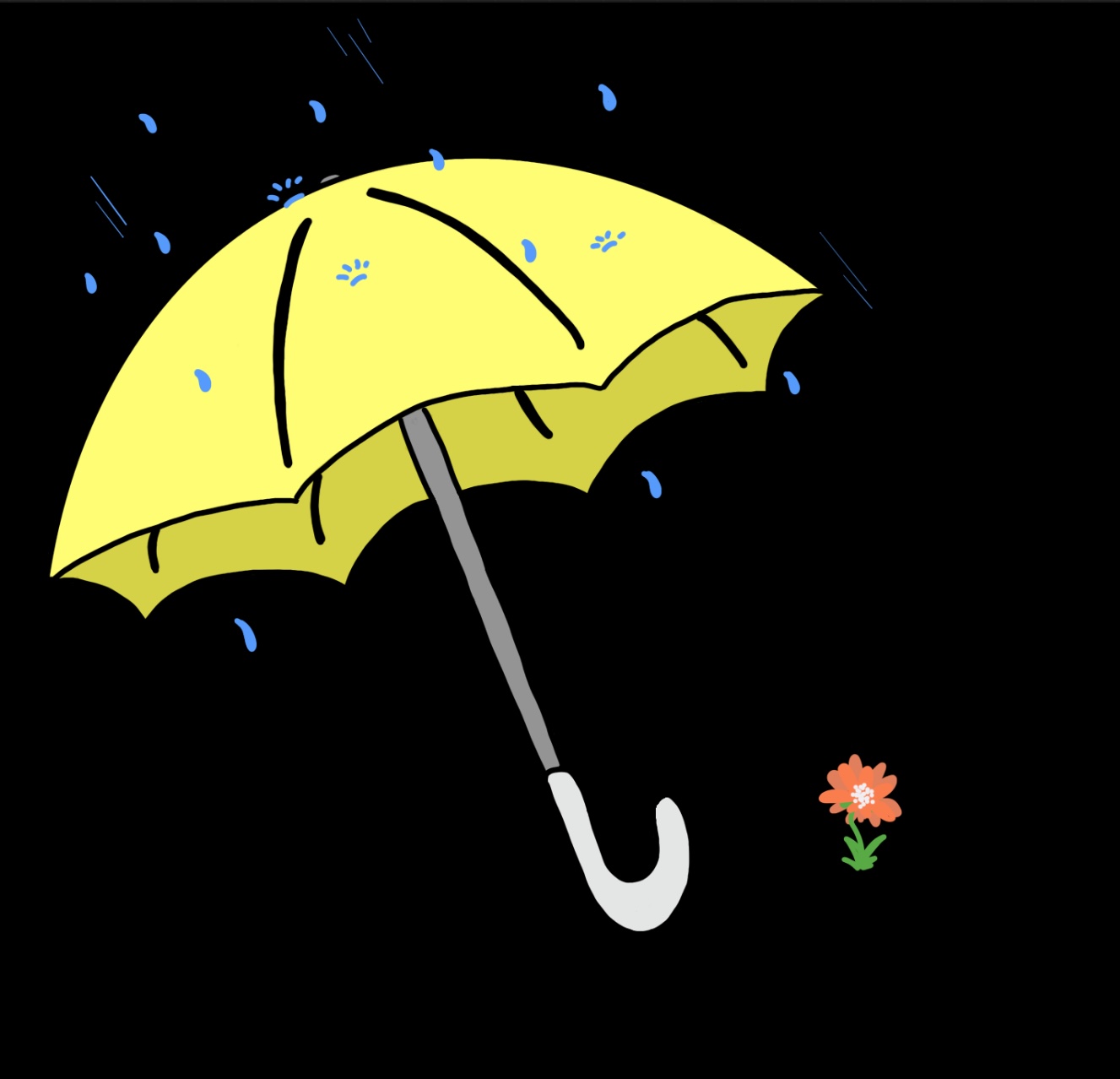“Have you ever noticed that the more positive you think, the more positive you feel?”
This is the quote my roommate sent me today, Wednesday after we spent our Monday being intentional about complaining. By this I mean that Monday morning we woke up and talked about the things we were grateful for, then went on with our days without complaining until 5:00 pm, when we gave ourselves a thirty minute complaining period.
I quickly learned that shifting your perspective in the moment results in shifting your perspective in the future. Let me give you an example. On Monday I decided I would clean the room, however, the vacuum broke half-way through being used — I later found out it actually didn’t break, but simply needed to be charged. Anyways, I thought the filter needed to be changed and in my impatience broke it off the vacuum, spilling debris from the past month all over the carpet. To make a long story short, I couldn’t fix the vacuum and tried picking particles out of the fluffy rug by hand before deciding I would wait for my much savvier roommate to come fix what I had broken.
Had this happened on any other day, it would have most likely put a dent in my previously good mood. But, being that the day started with an agreement not to complain, I switched my perspective and tried to find something positive. I focused on being grateful that I wasn’t in a rush and had time to try to clean up by hand, I was grateful that I was able to catch my mistake and saved about half the filth from falling onto the floor, and mostly I was grateful my roommate wasn’t present to witness what I had done because she would’ve have laughed at me for a week — at least — because of how silly the whole thing was.
Trying to focus on the positive didn’t negate the fact that the experience wasn’t fun, but it helped prevent my dwelling on the fact that it didn’t make me happy. I remained neutral, emotionally, to my circumstances. I spoke with a friend that night explaining the whole thing and my takeaways and he told me about a sermon he had heard that had a similar message. He said that if your emotional state is based on your circumstances, you will never have a steady emotional space. However, if you are able to separate your emotions from what is happening, you will have solid ground to stand on. It makes sense, doesn’t it?
As humans, we get so wrapped up in what we are doing that we become emotionally invested, or at minimum emotionally affected, by what happens in our day. Not only that, but we carry that emotional state with us into the rest of the day. A broken vacuum and dirty carpet realistically doesn’t matter. Is it annoying? Sure. Do I wish it hadn’t happened? Yes. But that doesn’t mean that I need to tie an experience so minute to my emotions. Something so frivolous shouldn’t make me unhappy. And by focusing on the positive, it didn’t. I remained emotionally neutral to my circumstances, and went on with my day without giving the fiasco much thought.
By the time the complaining period rolled around I didn’t have much to say. I’m pretty sure my exact words were “The vacuum thing was pretty annoying today,” and that was about it. So why, when given a chance to complain about a bad experience, didn’t I take it if in the moment, on any other day, I would have jumped on the opportunity to be upset? Because I shifted my perspective in the moment, and it shifted it in the future as well.👌
When we go through things that are, at the very least, not great, our first reaction is to focus on what went wrong. But by doing this you put attention and energy into the negative. As a result, later on the day the negative aspects are the ones you recall. I’m not saying that looking back on the vacuum brought up positive memories, but it didn’t bring up negative ones either.
Jennie Allen wrote a phenomenal book about controlling your thought life, and in it she says, “You aren’t what you eat. You aren’t what you do. You’re what you think,” and I believe this. Every action, every emotion, everything can be traced back to a thought; why entertain negative ones?
Our default response is to focus on what went wrong. I couldn’t tell you the science behind this, but I would imagine it stems from our survival instincts of wanting to make sure everything is going as well as possible around, therefore wanting to address the bad and fix it. But somewhere this survival instinct shifted from what we need to dwell on and worry about to survive, to any minor inconvenience affecting us. So the next time something doesn’t go your way, pause. Think about if it really matters. And I mean really matters. Find something positive about the experience, and try overlooking the negative. If it is still on your mind in a few hours, reach out to someone and talk about it because bottling up your emotions is never healthy. But give the feelings time to settle in, and give yourself a change to think positive and feel positive.

Well said and so true. So many times we do overlook the positive and focus on “whoo is me”.